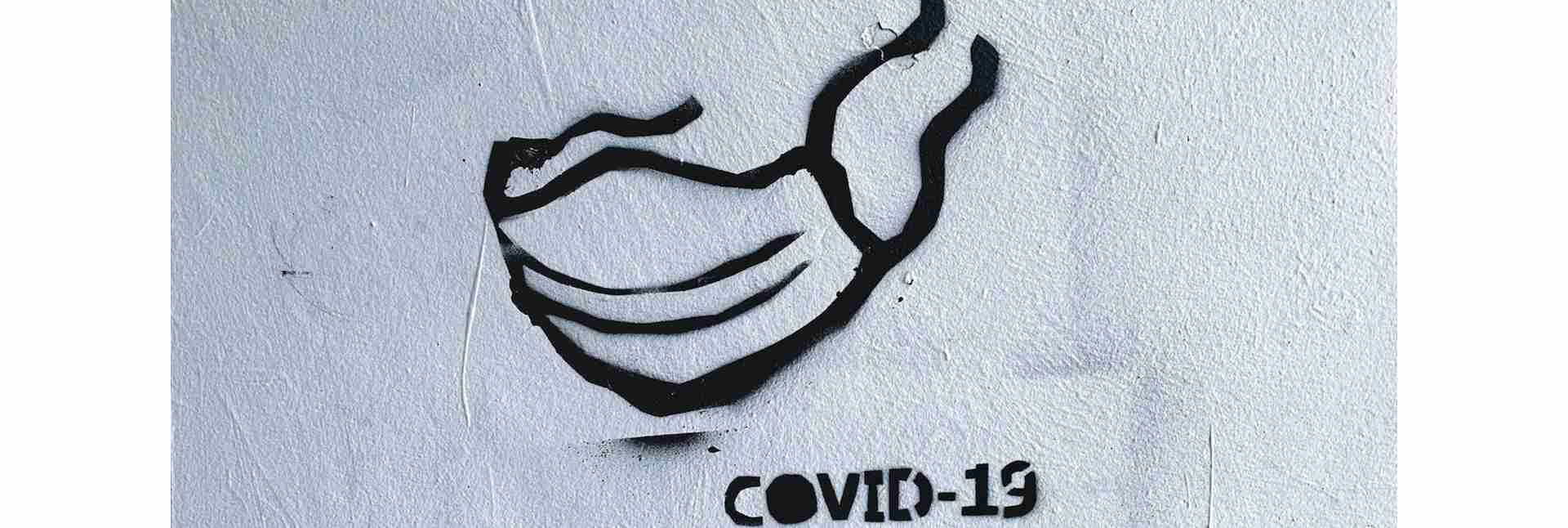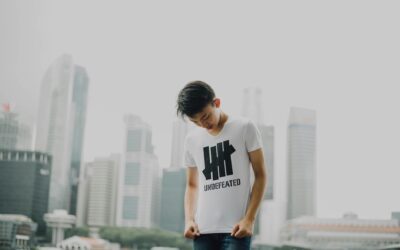Through this piece, we have attempted to hypothesise the reason for differential adoption of masks globally.
Masks have been an integral part of our history. An object of disguise during the early hunting and gathering period, masks became a spiritual symbol for the Pagan believer and an artifact of performance in contemporary plays.
Recent times saw the metamorphosis of masks to a symbol of political and social movements. The black bloc protest against corporate globalisation or occupy movement demonstrate the significance of masks as a symbol and tool that allows individuals to participate in a collective while maintaining anonymity.1
In the medical arena, face masks find their roots in the Spanish Influenza, donning the avatar of an armor guarding against deadly viruses.
Today’s Pandemic has made masks mandatory. From sick to the healthy, medical professional to the common man on the street, everyone needs to wear it
However, across the globe, owing to historical and cultural differences, countries have reacted differently to this mandate. While some countries saw the act of masking up as their civic duty, others felt a fear of loss of distinctiveness, and self-expression with masks.
Looking into the assimilation journey of masks in China, its first adoption to protect against diseases can be traced back to the Manchurian Plague (1910). Since then, masks have come to signify the idea of collective wellbeing.
Rooted in the Confucian teachings that individual status is determined through ‘one’s unity (or harmony) with external authorities of power’3, the idea of collective wellbeing is integrated within the understanding that ‘every individual is an element within a larger familial, social and political whole” 3
So, when the pandemic hit the nation, the Chinese authorities adopted a narrative known to bring out the collective amongst its people. A war was declared on COVID 19, and the public was termed as “the most beautiful countermarching people (最美逆行者) who fight at the “frontline”. A sense of solidarity was formed. The entire nation was mobilised to follow the voice of authority and work in unity with government’s advice 4
The impact of such messaging not only ensured quick adoption of masks, but also helped in asking people to choose their masks responsibly and morally – leave surgical masks and respirators for health works.
Much like China, in Singapore the onus fell onto the state to push for nationwide behaviour change. As the nation’s lock down began, a new ruling made masking up mandatory and fines were put in place for offenders.
While the fines were unable to compel people to adhere to this new rule as the country saw 150 people pay fines in just two days, it was the effort of “citizen journalists” that brought real behaviour change.
Cases of those refusing to wear masks were highlighted prominently across media by ‘citizen journalists’8. Such monitoring inculcated a desire to be seen as a team player who is fulfilling civic duty rather than be called out for being arrogant and uncompliant.
To sum it up, in Asian countries like China and Singapore, ‘people wore masks not only to fend off diseases but also to symbolise a sense of shared fate, mutual obligation and civic duty expected of each individual’ – Peter Baehr.9
The western narrative on masks is a different one. With media headlines such as “’I will be not be masked, tested, tracked or poisoned”10, masks are viewed with suspicion and mistrust.
The skepticism to adopt masks can be traced back to the founding principles of occidental culture. The western civilization prospered on the fundamental idea of liberty and freedom, advocating that interests of the individual should be given precedence over the state or a social group.13
Citizen’s in western countries are primed to become self-reliant, valuing beliefs that support personal freedom, independence, and success. Relationships with others are built on attitudes such as exchange, cooperation or competition.12
Thus, in countries like the UK and US, the conversation on the mask has digressed from ‘protect from virus’, and has become a symbol of threat to personal liberty, self-expression and economic advancement. Recent protests in London and Florida are a clear example of this narrative.
Acceptance of masks is perceived as a sign of submissiveness, passivity, and weakness – codes that contradict every guiding principle of an individualistic society.
Thus, adoption of masks may be more territorial in nature than expected.
While collective societies find it easy to assimilate this new behaviour by looking at it as an act of benevolence and goodwill, individualistic societies see it as a hindrance to self-expression and distinctiveness.
In either scenario, it is a readily accepted conclusion that masks will continue to be a mainstay as the virus continues to mutate and spread. But the future of masks will differ basis the configuration of the society.






